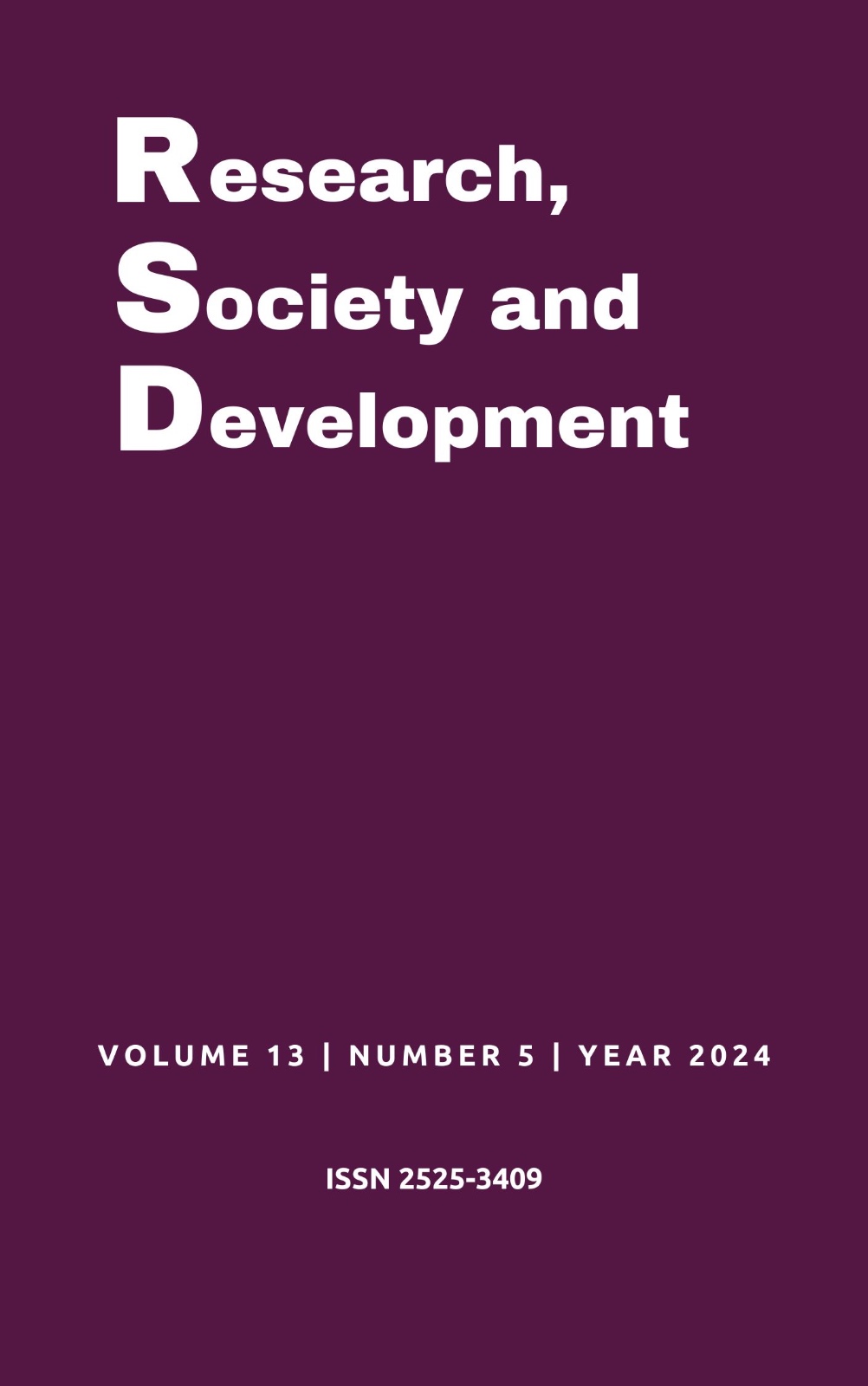Instituto de pesquisa café e saúde: Prevenção de doenças e melhora da qualidade de vida
DOI:
https://doi.org/10.33448/rsd-v13i5.45666Palavras-chave:
Saúde pública, Cafeína, Pesquisa, Agronegócio, Café, Adenosina.Resumo
O café é a segunda bebida mais consumida no mundo, depois da água, sendo a segunda ‘commodity’ em volumes de negócio. O Brasil é o maior produtor de café, responsável por 1/3 da produção mundial e o maior exportador de café não processado, gerando uma renda de cerca de 800 milhões de dólares anuais, valor aumentaria com o aumento do consumo de café no país, sensibilizando o consumidor brasileiro dos benefícios do café, refutando cientificamente os seus supostos malefícios. Defender que o café deve ser considerado um nutracêutico, seria um esteio desta sensibilização. Este artigo propõe contribuir, a partir de evidências científicas, para a criação, no Brasil, de um Instituto de Pesquisa de Café e Saúde. Para isso foi realizada uma revisão bibliográfica. Observamos que apesar da importância econômica do agronegócio do café, não existe no mundo um Instituto de Pesquisa de Café e Saúde. O Brasil está idealmente posicionado para implementar um Instituto pioneiro, pois temos inúmeros grupos de pesquisa com reconhecimento internacional das pesquisas sobre o impacto do café na saúde humana. Este Instituto contribuiria para um aumento do consumo de café no Brasil, contrariando, com evidências científicas, a generalização errônea de que o café é um “excitante”, com potencial de dependência e danos a longo prazo, contribuindo economicamente com a indústria cafeeira no Brasil. Uma Instituição Federal teria a abrangência econômica e organizacional para liderar este Instituto capaz de ampliar, de modo estável e sustentado, a renda associada ao agronegócio do café.
Downloads
Publicado
Edição
Seção
Licença
Copyright (c) 2024 Rodrigo A. Cunha; Francieli Rohden; Diogo O. Souza

Este trabalho está licenciado sob uma licença Creative Commons Attribution 4.0 International License.
Autores que publicam nesta revista concordam com os seguintes termos:
1) Autores mantém os direitos autorais e concedem à revista o direito de primeira publicação, com o trabalho simultaneamente licenciado sob a Licença Creative Commons Attribution que permite o compartilhamento do trabalho com reconhecimento da autoria e publicação inicial nesta revista.
2) Autores têm autorização para assumir contratos adicionais separadamente, para distribuição não-exclusiva da versão do trabalho publicada nesta revista (ex.: publicar em repositório institucional ou como capítulo de livro), com reconhecimento de autoria e publicação inicial nesta revista.
3) Autores têm permissão e são estimulados a publicar e distribuir seu trabalho online (ex.: em repositórios institucionais ou na sua página pessoal) a qualquer ponto antes ou durante o processo editorial, já que isso pode gerar alterações produtivas, bem como aumentar o impacto e a citação do trabalho publicado.


